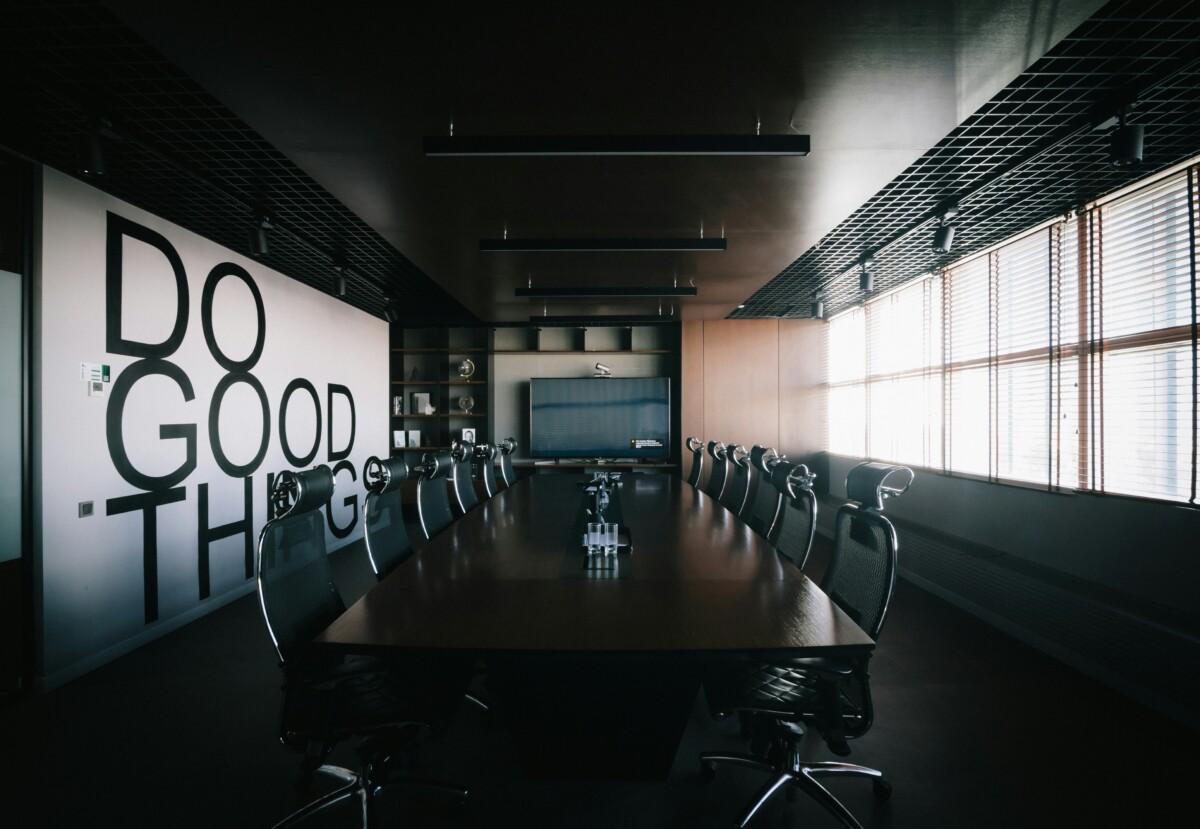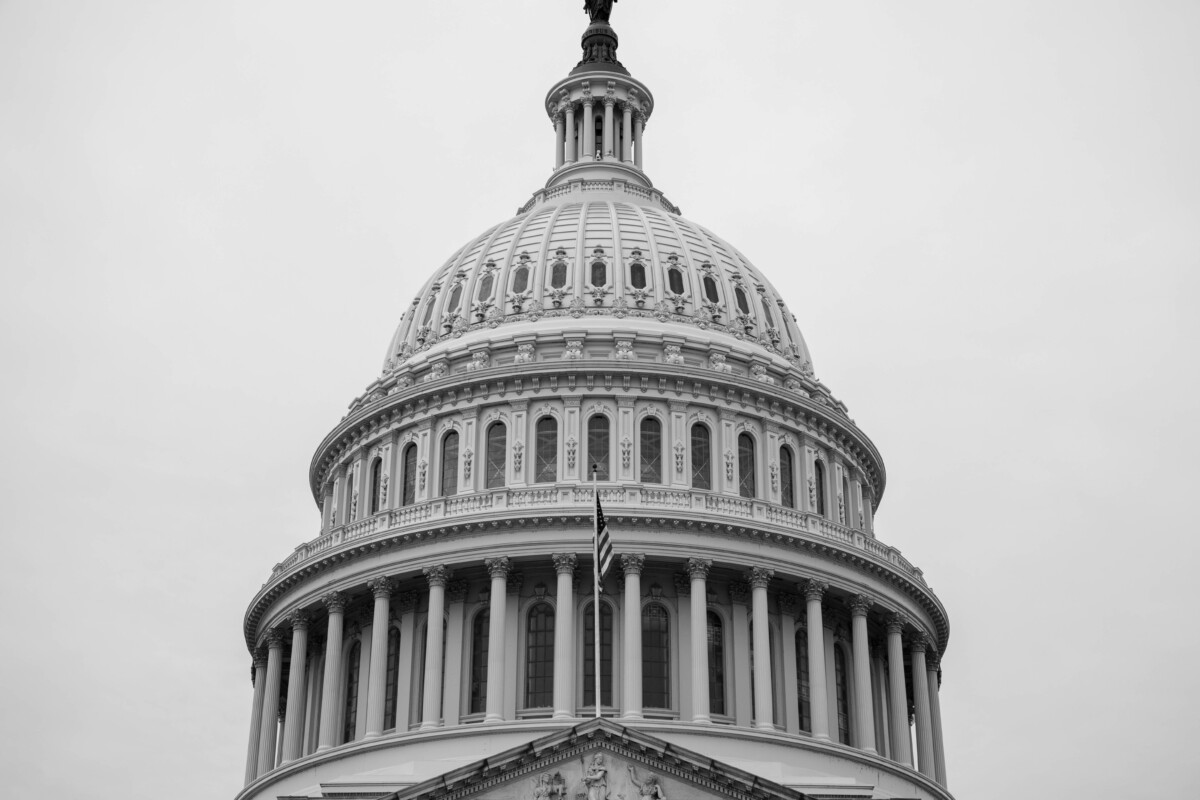Climate Literacy: The Missing Link in the Built Environment’s Sustainability Efforts
Listen to the full podcast episode on YouTube, Spotify, and Apple Podcasts.
Bridging the Knowledge Gap in Architecture and Design
With a career spanning architecture, environmental engineering, and policy advocacy, Mina has worked at the forefront of embedding science-based sustainability frameworks into the industry. However, despite the growing push for net zero and ESG commitments, she warns that many professionals still lack the foundational knowledge needed to implement real change.
“Many people still don’t know what net zero carbon truly means—what it entails, how to measure it, and how to verify claims. That’s where problems arise.”
In this conversation, Mina highlights the urgent need for climate literacy, the role of governance in preventing greenwashing, and the steps the industry must take to move beyond fragmented sustainability initiatives.

Why Climate Literacy is Critical
Sustainability is now a non-negotiable in the built environment, yet many of the professionals responsible for delivering net zero strategies are not equipped with the scientific, technical, or regulatory understanding required to do so effectively.
Mina explains that this knowledge gap leads to:
- Misaligned sustainability claims that fail to translate into measurable impact
- Buildings that underperform despite being marketed as ‘net zero’
- Greenwashing—sometimes unintentional—due to misunderstandings of carbon accounting
“It’s not that people are deliberately misleading others—many simply don’t know the full technical implications of what they’re committing to.”
This is why climate literacy must be treated as a core competency, not just for sustainability consultants, but for architects, engineers, developers, policymakers, and financial decision-makers.
A Science-Based Approach: The Net Zero Carbon Building Standard
One of the most promising developments in tackling these issues is the Net Zero Carbon Building Standard (NZCBS), a UK-based initiative aiming to set science-backed energy and carbon targets for real estate projects.
Mina has played an integral role in shaping the framework, which aims to define what “net zero” truly means for the built environment, ensuring companies can no longer make vague or misleading claims without accountability.
“If we cannot join forces, we will never be able to truly understand where we stand—and if we don’t know where we stand, we cannot map the route to net zero.”
The NZCBS pilot phase is currently underway, allowing businesses to test its methodologies and refine the approach before its full-scale launch later this year. Mina encourages industry professionals to actively engage with the standard now, rather than waiting for it to become a regulatory requirement.
Beyond Silos: Why Collaboration is Key
One of the biggest roadblocks to effective climate action in the built environment is fragmentation. Too often, different stakeholders—architects, engineers, developers, investors, and regulators—approach sustainability from disconnected perspectives.
“We need to eliminate this sense of ownership—where organisations want to ‘lead’ rather than work together. Progress is not about individual recognition; it’s about collective impact.”
The industry needs greater alignment, where sustainability is integrated from the earliest stages of project planning, rather than being added on as a compliance exercise. This shift requires leadership at all levels—from company boards to project managers—ensuring that sustainability is not just a marketing statement but a structural priority.

Governance: The Guardrail Against Greenwashing
The risk of greenwashing is one of the biggest challenges in sustainability today. While some organizations intentionally overstate their progress, many others simply fail to measure their impact accurately, leading to claims that don’t hold up under scrutiny.
For Mina, strong governance is the most important factor in ensuring sustainability commitments are real, measurable, and aligned with long-term business objectives.
“If you don’t have governance in place, you will struggle to ensure accountability. The board and leadership teams must understand that net zero is not just a goal—it’s an ongoing responsibility.”
This means:
✔ Embedding sustainability education into leadership training programs
✔ Ensuring sustainability claims are independently verified
✔ Making science-based decision-making the norm, not the exception
A Call to Action: Climate Literacy as a Non-Negotiable
When asked what single change could accelerate progress in the built environment, Mina’s answer was clear:
“Climate literacy. If we could all have the same foundational knowledge of sustainability—its challenges, solutions, and interdependencies—we could make better decisions, avoid unintended consequences, and scale impact faster.”
Rather than relying on short-term initiatives, the industry must invest in long-term education, knowledge-sharing, and governance structures that ensure sustainability is understood, applied, and enforced at every stage of development.
The future of sustainable construction will not be shaped by ambition alone—it will be shaped by those who have the knowledge and leadership to turn ambition into action.
Sponsored by...
truMRK: Communications You Can Trust
👉 Learn how truMRK helps organisations strengthen the credibility of their communications.
Want to be a guest on our show?
Contact Us.
The Responsible Edge Podcast
Queensgate House
48 Queen Street
Exeter
Devon
EX4 3SR
Recognition.
Join 2,500+ professionals.
Exploring how to build trust, lead responsibly, and grow with integrity. Get the latest episodes and exclusive insights direct to your inbox.
© 2026. The Responsible Edge Podcast. All rights reserved.
The Responsible Edge Podcast® is a registered trademark.
Sponsored by truMRK
© 2026. The Responsible Edge Podcast









